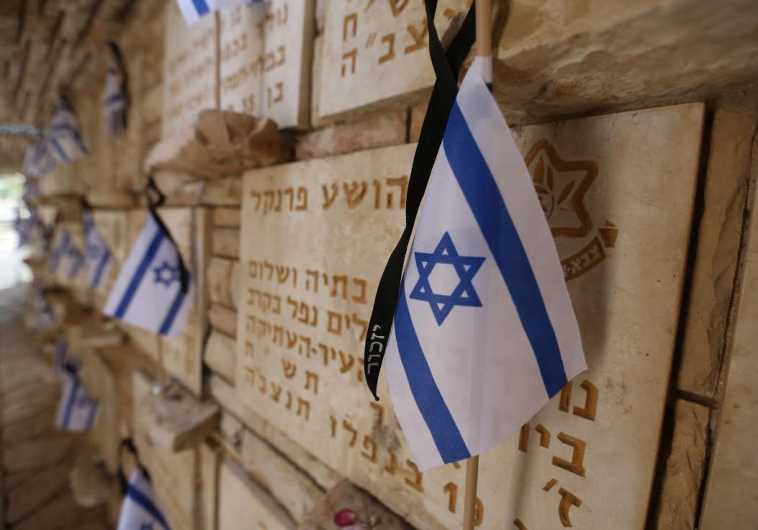As Jerusalem burial space runs out, Diaspora Jews fund underground alternative
$50 million raised to build massive three-story catacomb under Har Hamenuhot Cemetery.
 Mt. Hertzel military cemetary in Jerusalem (photo credit: MARC ISRAEL SELLEM/THE JERUSALEM POST)
Mt. Hertzel military cemetary in Jerusalem (photo credit: MARC ISRAEL SELLEM/THE JERUSALEM POST)